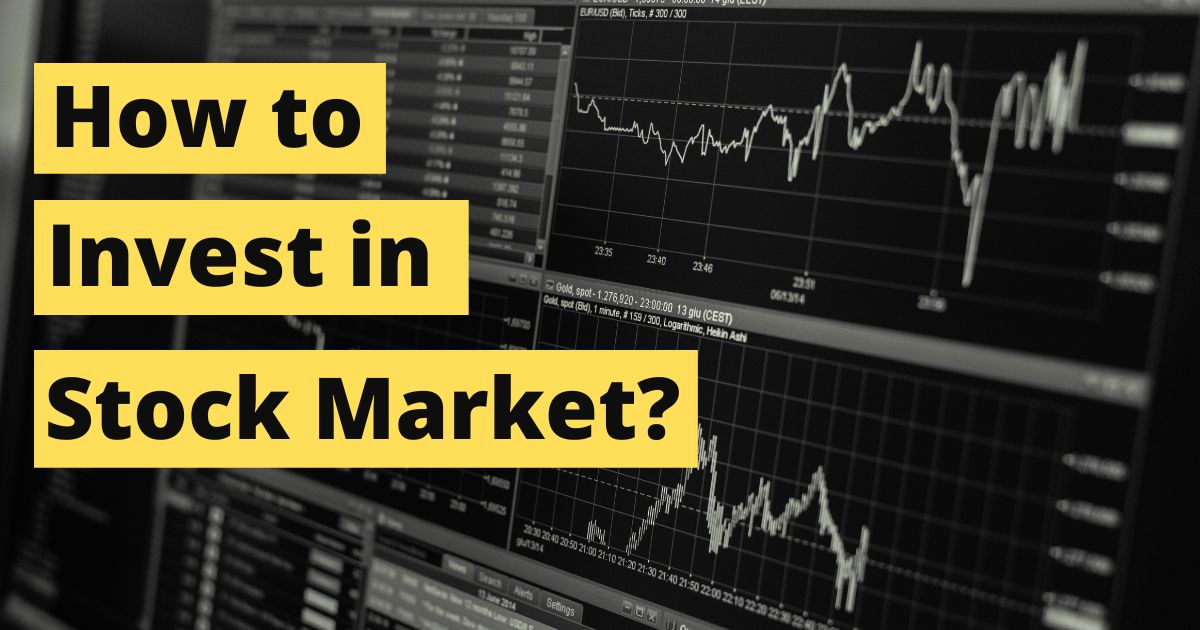Do emotions dictate your decisions? The stock market mirrors the impulsive nature of human sentiment.
The Power of Collective Sentiment
Investor sentiment, a collective emotional response, can trigger market movements. When a majority of investors feel bullish, it can drive the market up, while widespread fear can lead to a downturn.
Fear and Greed: The Market’s Emotional Bookends
At the extremes, fear and greed are the most influential emotions. Fear can cause investors to sell off assets, driving prices down, while greed can lead to a buying frenzy and inflated stock values.
The Impact of Media and Perception
Media coverage plays a crucial role in shaping investor perception. Negative news can incite fear and prompt selling, whereas positive stories can create a sense of urgency to buy, affecting market trends.
Herd Mentality and Contagious Emotions
The herd mentality in investing can amplify emotional responses. When investors see others taking action, they’re likely to follow suit, leading to a cascade of emotional decision-making that can sway the market.
Emotional Triggers and Market Volatility
Certain events act as emotional triggers, causing market volatility. Economic reports, political events, or unexpected world events can evoke strong emotional reactions, leading to sudden market shifts.
The Role of Rationality in Countering Emotions
While emotions can drive the market, rational analysis is essential for long-term investment success. Investors who base decisions on thorough research and sound financial principles can navigate the emotional waves of the market.
The Influence of Cognitive Biases
Cognitive biases, such as confirmation bias or the disposition effect, can lead investors to make decisions based on emotional predispositions rather than objective analysis, impacting the market’s direction.
Behavioral Finance and Investor Psychology
Behavioral finance studies the psychological factors behind investment decisions. Understanding investor psychology can help in predicting market behaviors and mitigating the risks associated with emotional investing.
Strategies for Emotional Management in Investing
Developing emotional intelligence and self-awareness can help investors manage their emotional responses. Techniques such as setting clear investment goals, maintaining a diversified portfolio, and taking breaks when needed can provide emotional balance.
Conclusion: Balancing the Emotional and Rational in Investing
The interplay of emotions and rationality in investing is complex. While emotions can significantly influence market movements, a balanced approach that combines emotional awareness with rational decision-making is key to successful investing. Investors who can manage their emotions and make informed choices are better positioned to navigate the market’s highs and lows.




